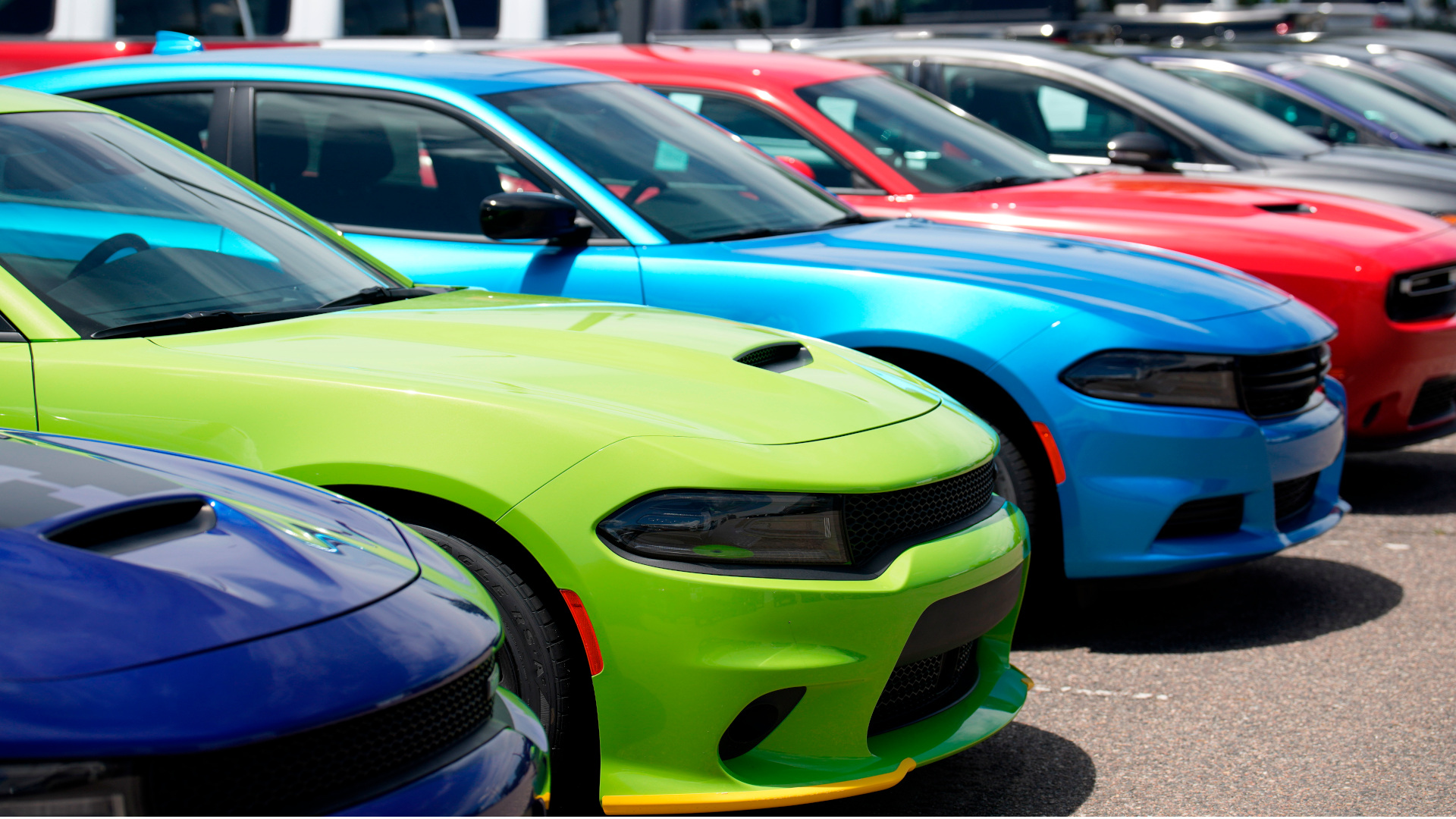

New cars are generally supposed to be better than the old cars, by virtue of the march of technology and lessons learned in their design. As far as consumers are concerned, though, that may not be the case, according to new research from J.D. Power.
According to the research, customer satisfaction with new vehicles is in steady decline. In 28 years of J.D. Power’s Automotive Performance, Execution, and Layout Study (APEAL), the latest survey marks the first consecutive year-on-year decline in results. “The decline in consecutive years might look small, but it’s an indicator that larger issues may lie under the surface,” said Frank Hanley, senior director of auto benchmarking at J.D. Power.
The study takes in ten total factors, nine of which received lower scores from consumers over the last two years. The only area of improvement was in fuel economy. That’s little surprise, as most automakers have been capable of improving their results in this area, and it’s a matter not subject to taste.
The biggest area of dissatisfaction has been in the looks department. Scores have slid from 894 to 888, with customers simply not finding today’s new cars as appealing as they once did. Notably, brand-new models aren’t doing that well, scoring just 3 points higher than carryover models still in production from previous years.



Consumers also aren’t enjoying modern infotainment systems. According to J.D. Power, only 56% of owners surveyed prefer to use their car’s infotainment system to play audio. Less than half of owners surveyed prefer to make calls, use voice recognition, or navigation on built-in systems. Given the sophistication of modern smartphones, it’s unsurprising many owners would tend to use these over the often-dated systems fitted in cars.
Notably, certain cars scored well in this arena—those fitted with the Android Automotive Operating System (AAOS) that also run Google Automotive Services (GAS). This is a branch of Android that is supplied by Google to be customized by automakers themselves for direct integration. GAS provides access to Google Maps, the Play Store, and Google Assistant, among other proprietary services. Notably, though, cars with AAOS that lack the GAS tools scored very low, suggesting these very applications make the difference.


Brand-wise, Jaguar is a stand-out with the highest ranking amongst premium brands, scoring 887. Land Rover and Porsche finished a close second at 883, while BMW followed with 878 in fourth. Several of these brands are often chastised for their poor long-term reliability, but it bears noting that this problem wouldn’t fuss owners of new cars that are surveyed just 90 days after purchase. Dodge was the best performer in the mass market rankings, followed by Ram, GMC, and Mini.
Meanwhile, Hyundai Motor Group scored the most awards for models leading in their respective categories, with nine in total. The Kia EV6 and Genesis GV60 both won their class, while the Hyundai Santa Cruz was the only actual Hyundai model to win an award. The Porsche 911 won the highest score of any car at 914, while the Dodge Challenger, Mini Cooper, and Mini Countryman all claimed wins in their respective classes.
The survey tells us a lot of what we already know. The average punter isn’t in love with the designs of the modern crop of cars, and they hate dodgy infotainment systems that don’t work well. Automakers could do well to respond to the prevailing feeling by giving people what they want. Future surveys will tell us how they fare at doing that.
Got a tip? Let the author know: lewin@thedrive.com